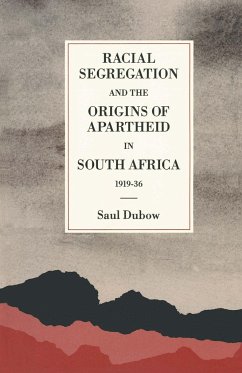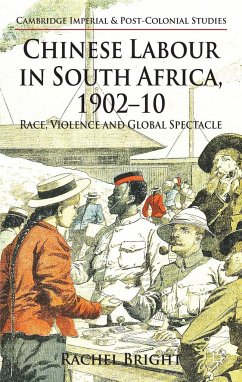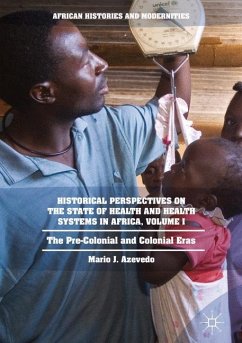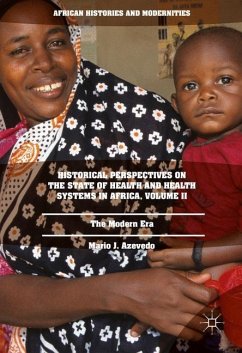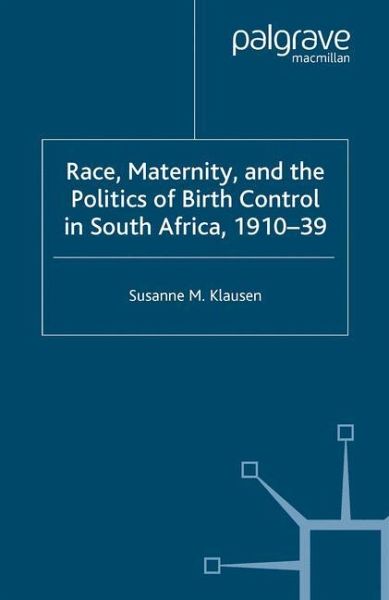
Race, Maternity, and the Politics of Birth Control in South Africa, 1910-39
Versandkostenfrei!
Versandfertig in 6-10 Tagen
76,99 €
inkl. MwSt.

PAYBACK Punkte
38 °P sammeln!
Using original primary sources, this book uncovers and analyzes for the first time the politics of fertility and the battle over birth control in South Africa from 1910 (the year the country was formed) to 1945. It examines the nature and achievements of the South African birth-control movement in pre-apartheid South Africa, including the establishment of voluntary birth-control organizations in urban centres, the national birth-control coalition, and the clinic practices of the country's first birth-control clinics. The book spotlights important actors such as the birth controllers themselves...
Using original primary sources, this book uncovers and analyzes for the first time the politics of fertility and the battle over birth control in South Africa from 1910 (the year the country was formed) to 1945. It examines the nature and achievements of the South African birth-control movement in pre-apartheid South Africa, including the establishment of voluntary birth-control organizations in urban centres, the national birth-control coalition, and the clinic practices of the country's first birth-control clinics. The book spotlights important actors such as the birth controllers themselves, the women of all 'races' who utilized the clinics' services and the Department of Public Health, placing these within an international as well as national context.






